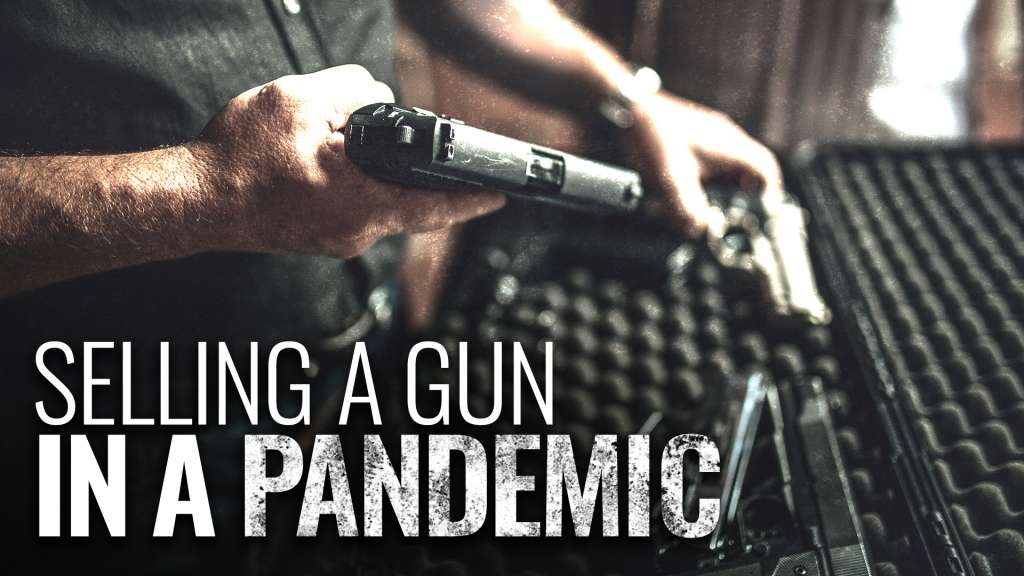
Are you under a Stay At Home order? Have the gun shows in your area closed down due to the pandemic? Gun stores around the country are overrun with new purchasers and more questions than ever are being asked on how to conduct a private sale as an alternative.
You plan on making a little room in that crowded gun safe by selling off a couple of items that you no longer need, but what are the legal requirements before you sell a firearm in Virginia? To start we need to analyze both state and federal law.
For the purposes of this discussion, we are going to presume you do not hold a federal firearms license, and the type of firearms you are selling are Title I firearms not regulated by the National Firearms Act.
SELLING STANDARD FIREARMS
Under both current federal and Virginia state law, you may sell a standard pistol, rifle, or shotgun via private sale without conducting a background check or filling out a transfer form, so long as the purchaser or transferee of the firearm is a resident of the same state and is otherwise eligible to own a firearm. However, we do recommend some tips to help reduce the risk of potential legal problems.
Background Checks
If you decide to conduct the private sale at a gun show in Virginia, there will be state police present that can perform a background check on the purchaser to ensure they are eligible to possess firearms. This is one way to make sure the person buying the weapon is legally able to own it.
Another option is to take the firearm to a gun store and have the gun store complete a transfer on the item. This step will provide you the assurance that the purchaser is someone to whom you can transfer the weapon.
Bill of Sale
If you decide to move forward with a private sale, we recommend that you fill out and keep a bill of sale. The bill of sale should include the date of the sale, the name of the purchaser, a description of the firearm including a serial number, the price for which the weapon is being sold, and a statement signed by the purchaser stating that they are eligible to possess firearms.
This is a great step to help you prove that you transferred your ownership of the item. In the event the firearm is later used in a crime or turns up at a crime scene, being able to prove that you no longer own the weapon will be important to your defense.
Identification
While the purchaser is not required to have a Concealed Handgun Permit (“CHP”), asking to see their CHP if they have one can be a helpful step to provide additional assurance that the purchaser has previously passed a background check. Likewise, asking to see the purchaser’s driver’s license can help verify that they are a resident of the same state as you.
For questions about legally conducting the private sale of a firearm, please contact U.S. LawShield and ask to speak to an Independent Program Attorney.





Laws have changed a background has to be performed on all private sales as of 2021